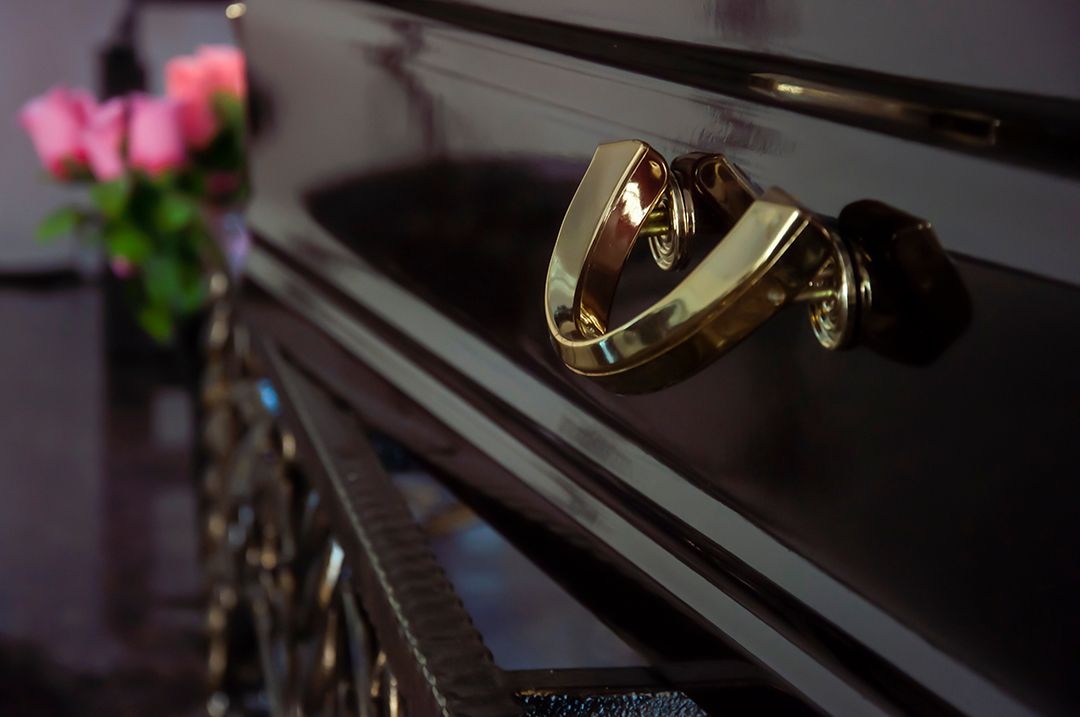WELCOME TO
KEOHANE FUNERAL & CREMATION
Every family that Keohane supports has a unique story to tell. That’s why we listen. To learn all about the life that was lived – no matter the age, always taken too soon.
We understand the grieving process. We support families in deciding how best to both mourn and celebrate their loved one. We handle every detail, big and small, so those affected can focus on the compassionate comfort of friends and family.
And for those interested in pre-planning, Keohane takes the same personable approach to truly understanding a person’s wishes, ensuring that when the time comes the burden on others is significantly lessened.






